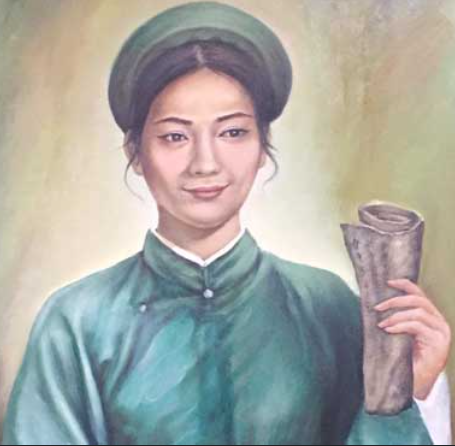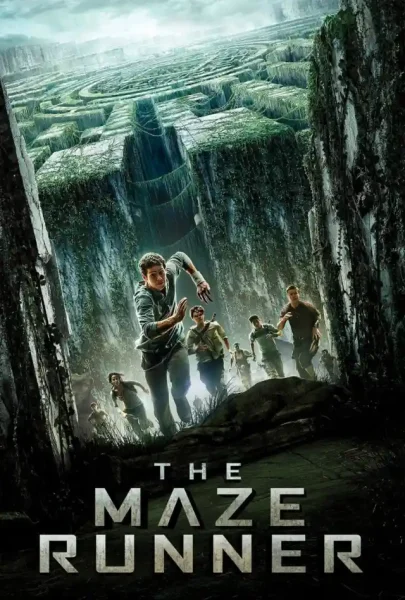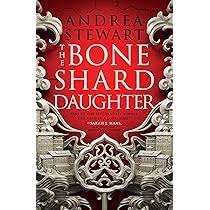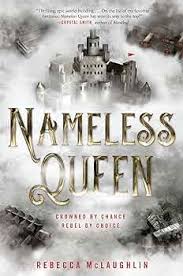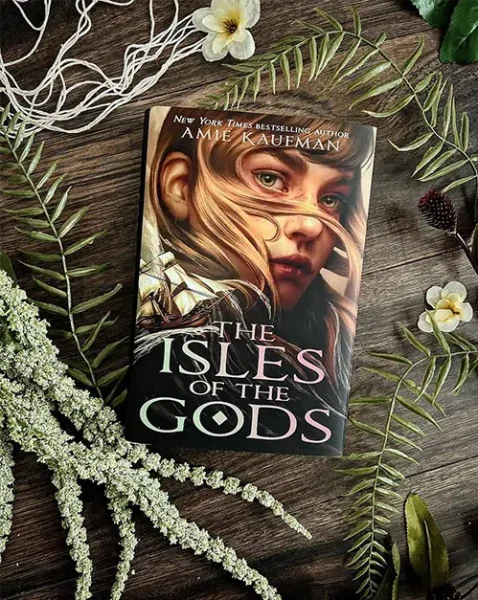- Biographies of Authors
- Book Reviews
- Essays
- Letters
- Lighthouse Literary Magazine
- Literary Criticism
- Literary Interviews
- Poetry
- Short Stories
The Lighthouse Literary Magazine
Our literary magazine [newly launched and under construction] is our section devoted to literature in a broad sense. Here, we publish short stories, poetry, and essays, along with literary criticism, book reviews, biographical profiles of authors, interviews and letters.
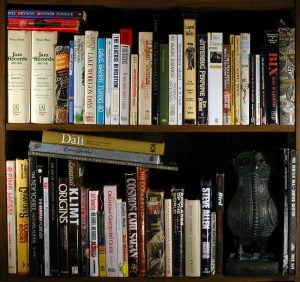
Biography is a literary genre that portrays the experiences of all the events occurring in the life of a person, mostly in a chronological order. … Unlike a resume or profile, a biography provides a life story of a subject, highlighting different aspects of his of her life.
A book review both describes and evaluates a work of fiction or nonfiction. It describes a book’s overall purpose, its structure, and style of narration, attempting to place the book in a larger context by comparing it to other books of its kind.
An essay is, generally, a piece of writing that gives the author’s own argument — but the definition is vague, overlapping with those of a letter, a paper, an article, a pamphlet, and a short story. Essays have traditionally been sub-classified as formal and informal.
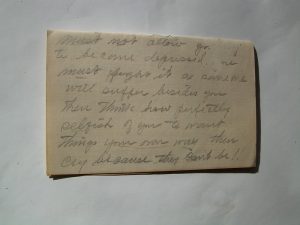
Letters or Epistolary which comes from a Greek word, epistolē, which means “letter.” Epistolary is a literary genre pertaining to letters, in which writers use letters, journals, and diary entries in their works, or they tell their stories or deliver messages through a series of letters.
Literary criticism refers to a genre of writing whereby an author critiques a literary text, either a work of fiction, a play, or poetry. Alternatively, some works of literary criticism address how a particular theory of interpretation informs a reading of a work or refutes some other critics’ reading of a work.
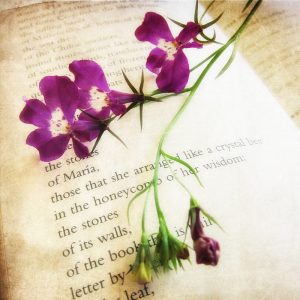
The literary interview can be regarded as a hybrid genre. It belongs to both the media and the literary domains. Its authorship is divided between interviewee and interviewer, and it mixes the oral and written traditions of communication.
Poetry is a form of literature that uses aesthetic and often rhythmic qualities of language—such as phonaesthetics, sound symbolism, and metre—to evoke meanings in addition to, or in place of, the commonplace avowed meaning.
A short story is a piece of prose fiction that typically can be read in one sitting and focuses on a self-contained incident or series of linked incidents, with the intent of evoking a single effect or mood.

